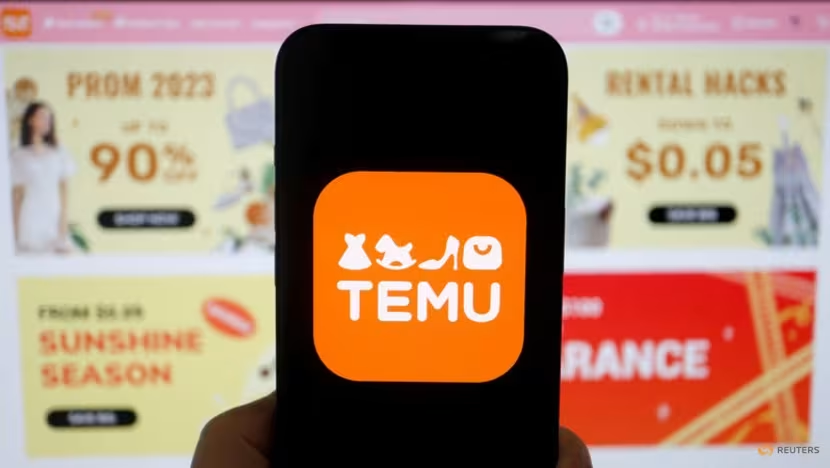Those who are interested in the tech industry in the Middle East should be familiar with the publicly listed Yalla Group.
While it is the leading social and entertainment platform using voice chat in the Middle East and North Africa, people still disagree over whether Yalla is an emerging player or just another paper tiger.
Against a backdrop of praises and doubts, its stock price has fluctuated greatly since it went listed on the New York Stock Exchange..It rose during the Clubhouse euphoria, only to experience steep corrections after Clubhouse quickly turned to be a fad.
After the latest release, Yalla Announced a 12-month stock buyback programme where it plans to acquire $150 million worth of shares..
In this announcement, they also refuted claims of exaggerating major income indicators and other allegations. It is apparent that Yalla has sufficient capital and are ambitious about expanding their scope of service and venturing into new models of monetisation.

Socialising through audio chats in Middle East
Set up in 2016, Yalla started out as a social networking platform, positioning themselves as a “multi-party online audio chat room”.
According to their financial report, Yalla’s revenue was US$67.649 million in the first quarter of 2021, with an increase of 221.0%. Non-US GAAP net profit for the first quarter was US$33.605 million, with a net profit margin of 49.7%, achieving a 263.7% growth.
They are expanding at a discernible rate. On top of revenue, Yalla has strong performance on user loyalty as well with a MAU of 18.8 million.
Average daily usage for the App goes up to 4 hours and they managed to obtain a 10-15% month on month increase in user numbers in the first quarter.
Focusing more on the “decentralized” management model sets them apart from Clubhouse. Instead of Clubhouse’s top down approach with celebrities and business leaders, Yalla pays more attention to connecting every user. With Yalla, any person can initiate a chat room, creating a more intimate space and adding a more casual touch to the platform’s atmosphere.

Comparative advantage: accurate localisation
Although the MENA market has huge potential because of its unfulfilled demand, the barrier to entry is high in this region. Their uniqueness in language, culture and customs set up natural moats which bar outsiders from penetrating.
Yalla Group has managed to circumvent these natural fences and carve out a comparative advantage by building up its targeted localization capabilities. A large part of this successful localization stems from its founder,Yang Tao.
Formerly an employee of ZTE, he has lived and worked in the Middle East for 7 years. Having a deeper understanding of the local norms and preferences, he has better control over the products in terms of content quality, making Yalla an exact culture fit.
Yang Tao once expressed that he wanted to make Yalla the Middle East version of “YY Voice + Momo”(Social Audio App from China)

Venturing into gaming: monetization + business scope expansion
Despite performing well with audio chat, Yalla is not satisfied with the status quo and has ventured beyond audio services.
The first area of expansion is gaming. In September 2018 Yalla launched Yalla Ludo, their main multiplayer casual mobile game. Leveraging on their existing user base and strong social nature of existing products, they are trying to connect players efficiently and lead them to online games in order to search for more monetization opportunities.
In just two years, game service revenue has grown to account for nearly 20% of Yalla Group’s total annual revenue, turning gaming into one of its most profitable services.

Future outlook: possibility of social commerce?
Judging from the recent share buyback plan, Yalla has more to offer in the foreseeable future. We believe that its long-term blueprint would be to establish its own product matrix in the Middle East before hopefully creating an ecosystem that dominates the region.
In addition to its two core products, it also launched the card game Yalla Baloot, the board game 101 Okey Yalla, and the board game Yalla Parchis for its users in Saudi Arabia, Turkey and South America. Complementing this dual approach in socialising x gaming is YallaChat, as the group has also made forays into the instant messaging sector.
With these developments, we also wonder if Yalla Group is attempting to establish itself as the mainstream online social app in the Middle East and kickstart the competition in social e-commerce in the region. If developments are smooth, they are likely to become one of the leaders – if not the leader – to jump start social ecommerce in MENA which has a head start in MAU.
In a nutshell, the Internet ecosystem at large in the Middle East is still in the development phase at this point in time, with fresh opportunities that remain untapped.
However, it takes time and long term commitment and investment for various sectors to grow and prosper. Yalla shows potential in possibly leading this trend.

—
Thanks for reading The Low Down (TLD), the blog by the team at Momentum Works. Got a different perspective or have a burning opinion to share? Let us know at [email protected].









![[Press Release] Southeast Asia’s food delivery spend reached US$17.1B with Vietnam achieving the highest growth](https://i0.wp.com/thelowdown.momentum.asia/wp-content/uploads/2024/01/Food-delivery-platforms-in-Southeast-Asia-2024-_MW_Jan-2024-2.jpg?resize=218%2C150&ssl=1)


![[New Report] Food delivery platforms in Southeast Asia (SEA) 4.0](https://i0.wp.com/thelowdown.momentum.asia/wp-content/uploads/2024/01/Food-delivery-platforms-in-Southeast-Asia-2024-_MW_Jan-2024-2.jpg?resize=100%2C70&ssl=1)
![[New report] Southeast Asia spends US$3.4 billion on modern coffee in 2023](https://i0.wp.com/thelowdown.momentum.asia/wp-content/uploads/2023/11/Coffee-in-Southeast-Asia_MW_Nov-2023-1.png?resize=100%2C70&ssl=1)
![[New report] Apples to Apples 3.0: Benchmarking major tech platforms – what’s next after achieving profitability?](https://i0.wp.com/thelowdown.momentum.asia/wp-content/uploads/2023/09/Apples-to-Apples-3.0_benchmarking-major-tech-platforms_whats-next-after-profitability_MW_Sept-2023-7.jpg?resize=100%2C70&ssl=1)






